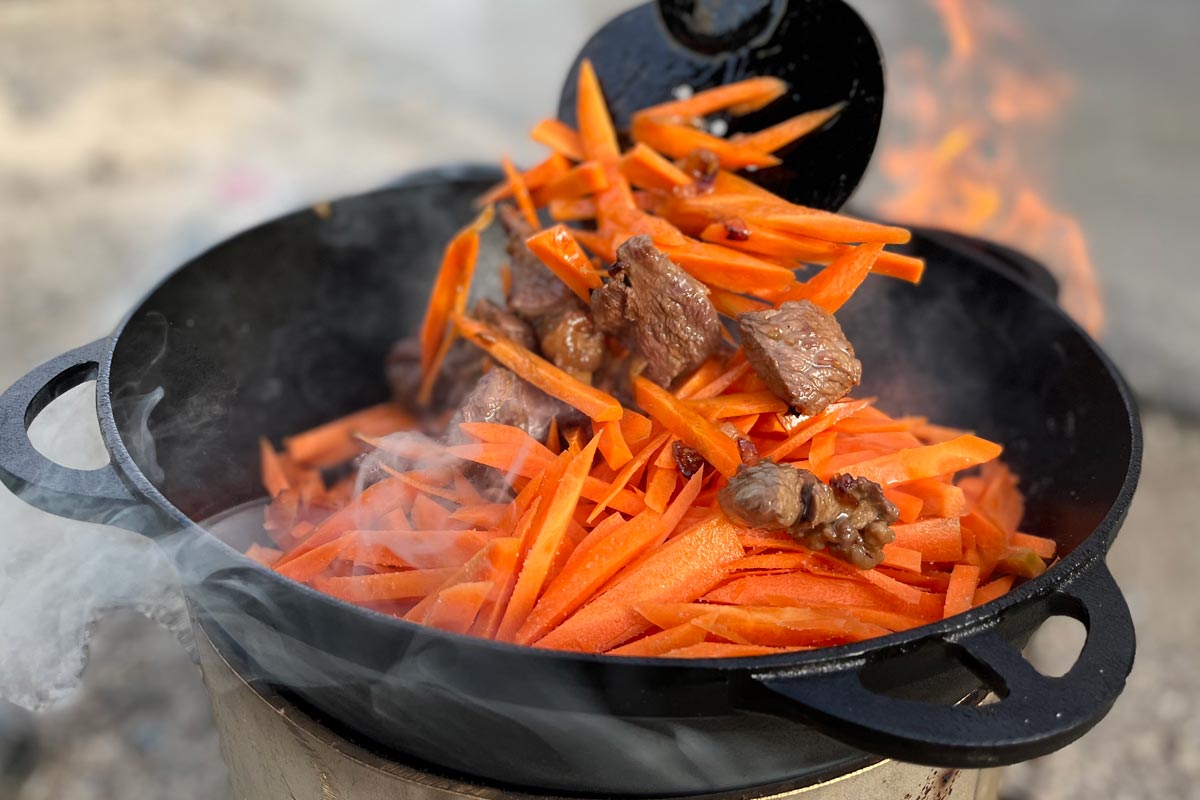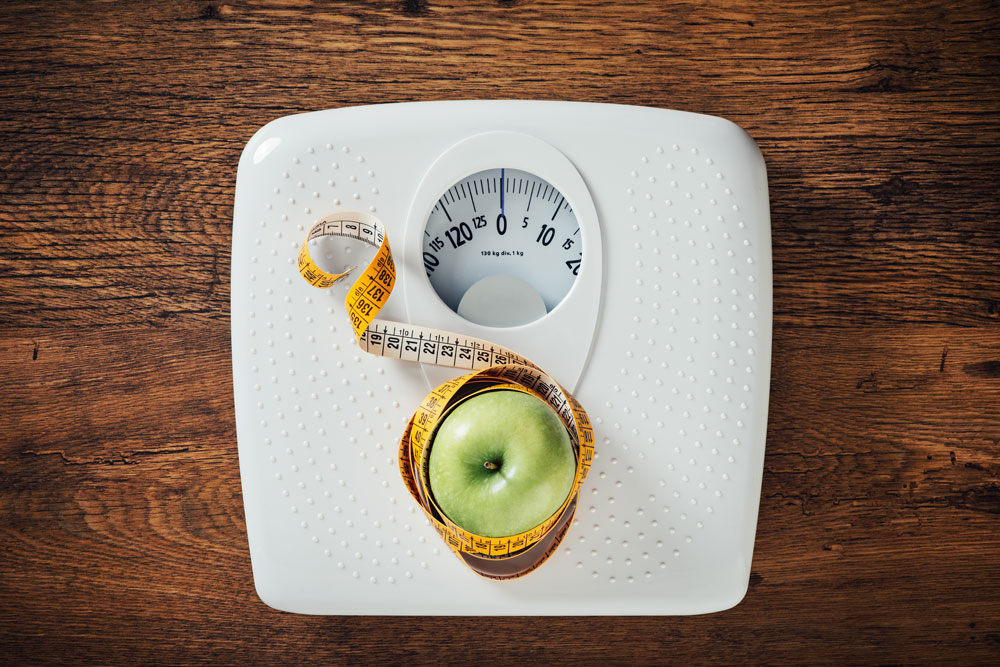1. Apple
A low-calorie snack, high in both soluble and insoluble fiber. Nutrition experts claim one large apple has around 130 calories, and none come from fat. Apples also have no sodium or cholesterol—nutrients many want to expressly avoid. One apple has 34 grams of carbohydrates, 25 grams of which come from the fruit’s natural sugars.
2. Avocado
The most nutritious fruit in the world. The reason, according to Health Online Zine, is that the fruit “contains in excess of 25 essential nutrients, including vitamins A, B, C, E and K, copper, iron, phosphorus, magnesium and potassium.”
3. Bananas
“In one form or another, raw or cooked, more bananas are consumed daily than perhaps any other fruit in the world.” That’s what the book, Tropical and Subtropical Agriculture, states.
4. Citrus fruits
The overflowing amounts of vitamin C in citrus fruits are the reason they are included in the list. “Locally, we have calamansi, suha and dalandan. However, oranges and lemons are splendid, too, but are more costly,” Ong wrote.
5. Coconut
Although not actually a fruit but a nut, Dr. Ong included this on the list. Sugar from coconut is all natural. That is why it is recommended to people with diabetes. Studies have shown that it has a low glycemic index (GI) of 35, which is much lower than the 54 GI, which nutritionists consider as safe for people who have to watch their blood glucose level. “It has also glumatic acid, the same ingredient present in Viagra,” says Benjamin Lao, president of Lao Integrated Farms Inc., based in Bansalan, Davao del Sur.
6. Grapes
In the Bible, grapes were made into wine. Winifred Walker wrote in All the Plants of the Bible: “These bunches of grapes were thrown into a wine press, which was sometimes as large as a room and constructed underground, then trodden under foot by laborers. The juice of the squeezed grapes was made into wine and vinegar: this vinegar was poor wine, chiefly the drink of the Roman soldiers.”
7. Papaya
“Low in calories and full of nutrition, papaya has more vitamin C than an orange,” said Amy Tousman, a registered dietitian based in Hawaii. “It’s loaded with vitamin A, potassium, folate and fiber. It also contains lutein and zeaxanthin, substances which help protect our eyes from age-related blindness.”
8. Pineapple
Pineapples are loaded with vitamins and minerals including vitamin A, vitamin C, calcium, phosphorus and potassium. It is also rich in fiber and calories. On top of it all, this fruit is low in fat and cholesterol.
9. Strawberry
“Strawberries are an excellent source of vitamin C,” said Toronto-based registered dietitian Madeleine Edwards. Most mammals—except for human beings—have the ability to produce vitamin C naturally, which is why it’s so important to get your daily requirement. “One serving of strawberries contains 51.5 mg of vitamin C—about half of your daily requirement,” Edwards said. “Double a serving to one cup and get 100 percent.”
10. Watermelon
Packed with some of the most important antioxidants found in nature, it is an excellent source of vitamin C and a very good source of vitamin A, particularly through its concentration of beta-carotene. Food experts recommend watermelon as a very good source of vitamin B6 and a good source of vitamin B1 and magnesium. Because of its higher water content and calorie value, it is ranked more valuable than other fruits.




